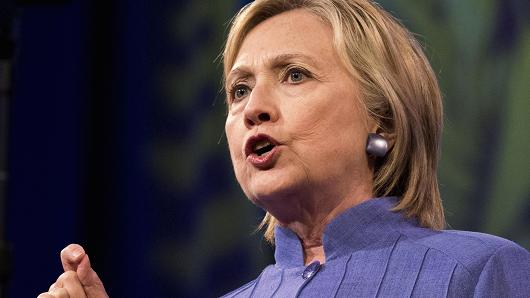-
Tips for becoming a good boxer - November 6, 2020
-
7 expert tips for making your hens night a memorable one - November 6, 2020
-
5 reasons to host your Christmas party on a cruise boat - November 6, 2020
-
What to do when you’re charged with a crime - November 6, 2020
-
Should you get one or multiple dogs? Here’s all you need to know - November 3, 2020
-
A Guide: How to Build Your Very Own Magic Mirror - February 14, 2019
-
Our Top Inspirational Baseball Stars - November 24, 2018
-
Five Tech Tools That Will Help You Turn Your Blog into a Business - November 24, 2018
-
How to Indulge on Vacation without Expanding Your Waist - November 9, 2018
-
5 Strategies for Businesses to Appeal to Today’s Increasingly Mobile-Crazed Customers - November 9, 2018
What’s The Deal With The Bayer-Monsanto Merger?
Bayer’s US$66 billion acquisition of Monsanto, creating the world’s biggest supplier of seeds and agri-chemicals to farmers, will be closely watched by New Zealand’s rural sector as the latest in a series of deals that has shrunk the number of competitors in the market.
Advertisement
Bayer has offered $128 per share in cash, worth about $66 billion, including debt, to clinch a deal with the global seed market leader.
At a total deal value of close to $66 billion – based on 442 million Monsanto shares and the US group’s net debt of $9.3 billion as per end-May – it will be the largest transaction ever involving a German buyer.
Bayer chief executive Werner Baumann has indicated the companies would need to file for clearance in about 30 jurisdictions for the deal and get antitrust approval in the US, Canada, Brazil and the European Union, the Financial Times reports.
Headquarters and EmployeesThe combined agriculture business will have its global Seeds & Traits and North American commercial headquarters in St. Louis, Missouri, its global Crop Protection and overall Crop Science headquarters in Monheim, Germany, and an important presence in Durham, North Carolina, as well as many other locations throughout the US and around the world. Bayer’s offer includes a fee of $2 billion should the transaction fail to get regulatory clearance, a process the market appears to view as uncertain.
The companies expressed optimism that the takeover will pass regulatory review in the US and overseas and said they hope to seal the deal by 2017.
“It’s also important to consider the massive, massive amounts of money required for new research and development, and these major companies will be better positioned to undertake that”.
From business experts to activists, some are skeptical that the deal will move the needle of some public sentiment, which they say remains weighted against the Creve Coeur-based company branded as “Monsatan” in some activist circles.
The transaction is expected to close by the end of 2017.
Baader Helevea Equity Research analyst Jacob Thrane, with a ” sell” rating on Bayer, said the German company was paying 16.1 times Monsanto’s forecast core earnings for 2017, more than the 15.5 times ChemChina agreed to pay for Swiss crop chemicals firm Syngenta previous year.
The US$128-a-share deal was cheaper than many analysts expected, with some saying that it would help Bayer to maintain its competitive position.
Shares in Bayer extended gains to trade 3 percent higher on the news, outperforming.
Things haven’t been going especially well for Monsanto recently. The combined business will benefit from Monsanto’s leadership in Seeds & Traits and Climate Corporation platform along with Bayer’s broad Crop Protection product line across a comprehensive range of indications and crops in all key geographies. The German drug and chemicals company is paying a hefty premium to take over the American seed manufacturer.
Dow Chemical Co. and DuPont Co. are pursuing a merger, and Swiss pesticide giant Syngenta AG agreed in February to a $43 billion takeover by China National Chemical Corp., a state-owned company that sells generic agricultural chemicals.
Similar potential mergers have been delayed due to regulators.
The Department of Justice in 2012 weighed filing an antitrust lawsuit against Monsanto for being a monopoly – and while it quietly closed its three-year probe without filing charges its staff may be biased against the company, a Beltway source told The Post.
Bayer and Monsanto were in talks to sound out ways to combine their businesses as early as March, which culminated in Bayer’s initial $122 per-share takeover proposal in May.
Advertisement
A cadre of megabanks, including Bank of America Merrill Lynch, Goldman Sachs and JPMorgan, will provide $US57 billion in short-term bridge financing to help finalise the deal, the companies said.





























